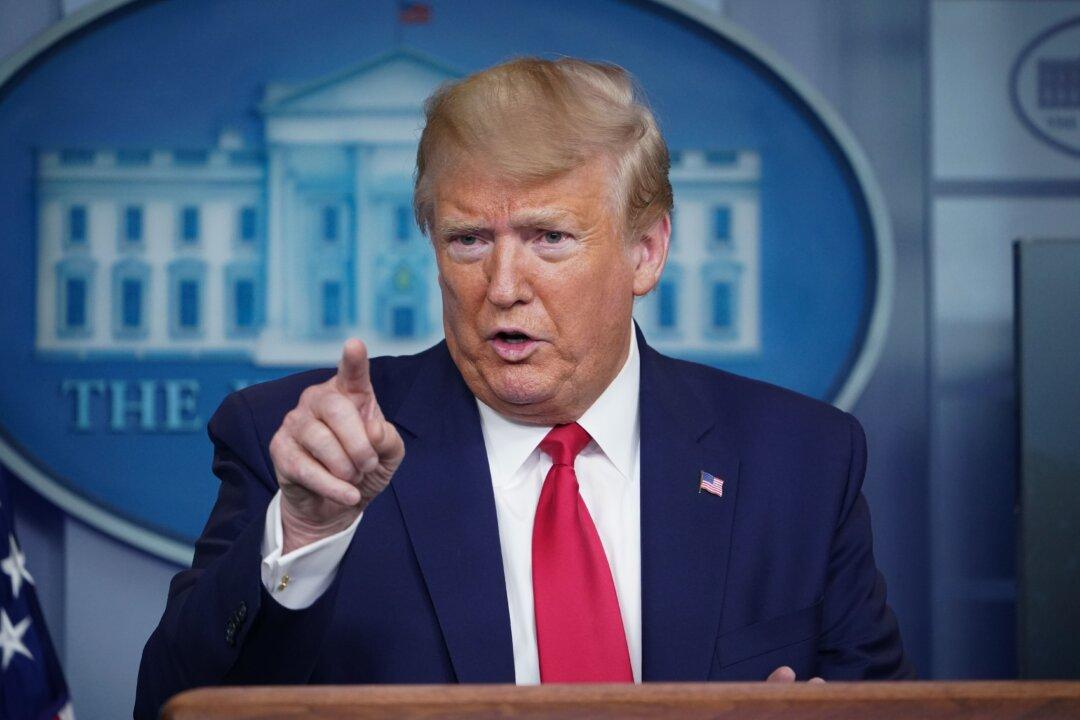President Donald Trump has urged Republican lawmakers to resist pressure to legislate mail-in voting across the country, bringing up the attached risk of voter fraud.
“Republicans should fight very hard when it comes to statewide mail-in voting,” he said in an April 8 tweet. “Democrats are clamoring for it. Tremendous potential for voter fraud, and for whatever reason, doesn’t work out well for Republicans.”





